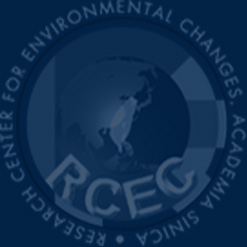

Phuah, Tony Leong Keat潘隆吉
Postdoctoral Research Fellow
Research Interests
My research interest lies in the broad area of sustainability, including various sustainability issues and their underlying philosophy, using a lens of dynamics, systems thinking, problem-based (if the problem requires a transdisciplinary approach to address), and facilitation of stakeholders’ learning and collaboration. System Dynamics is a methodology for understanding and designing policy to manage complex dynamic problems (multisolving). Challenging sustainability issues often involve interactions between natural sciences and social sciences, such as my postdoctoral study on community-based ecotourism issues in Liuqiu Island, Taiwan, which involves ecology and sociology (governance). My study of Penang house price growth found that the Penang housing affordability issue is more like a symptom of the wealth distribution problem in Malaysia. Thus I am also interested in wealth distribution sustainability and overall well-being (including social and spiritual well-being). I am exploring various participatory approaches to facilitate stakeholders’ learning and collaborations in different cultures.
Representative Publications
Phuah, T. L.-k. and Y.-C. Chang. 2023. Socioeconomic adaptation to geomorphological change: an empirical study in Cigu Lagoon, southwestern coast of Taiwan. Front. Environ. Sci, 10.
Phuah, T. L.-k. 2010. Can people learn behaviours of stock and flow using their ability to calculate running total? An experimental study. Paper presented at the International System Dynamics Conference 2010, Seoul, Korea.
Research
Participatory modeling to facilitate stakeholders' adaptation to environmental and social changes The doctoral research studied communities’ adaptation to multiple interacting social–ecological stressors (including environmental stressors such as climate change, as well as socioeconomic stressors) in Cigu, Tainan, by engaging stakeholders through a complete System Dynamics-based participatory modeling process. Evaluation results suggest that participatory modeling could support social learning for long-term adaptation. Participants have systems thinking perspectives, a better understanding of the dynamics, and closer relationships for collaboration. Reference: Phuah, 2023.
Laboratory experiment to explore teaching methods for System Dynamics/systems thinking A pre-test–treatment–post-test controlled experiment was designed to test two different teaching approaches on stock-and-flow (accumulation) dynamics. Results show that the running total calculation, cognitive conflict, and guided reflection approach did not improve performance significantly, while the graphical integration guidance teaching approach made significant progress. Reference: Phuah, 2010.